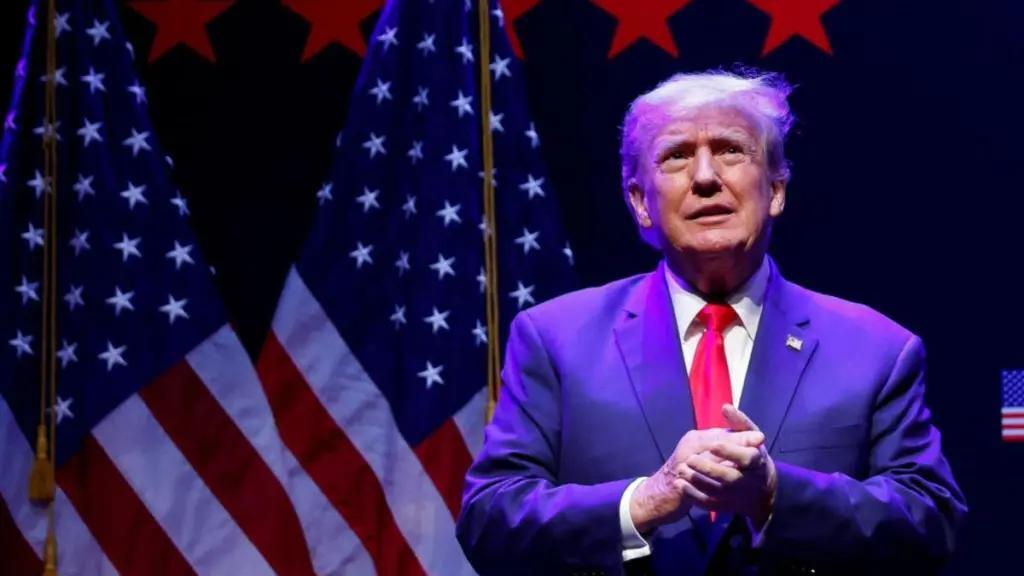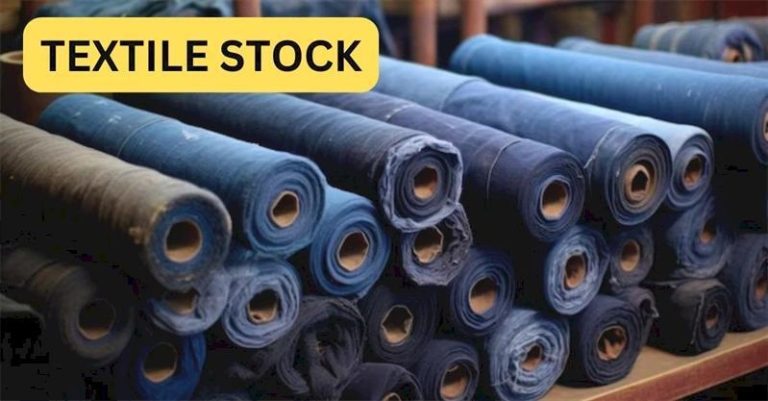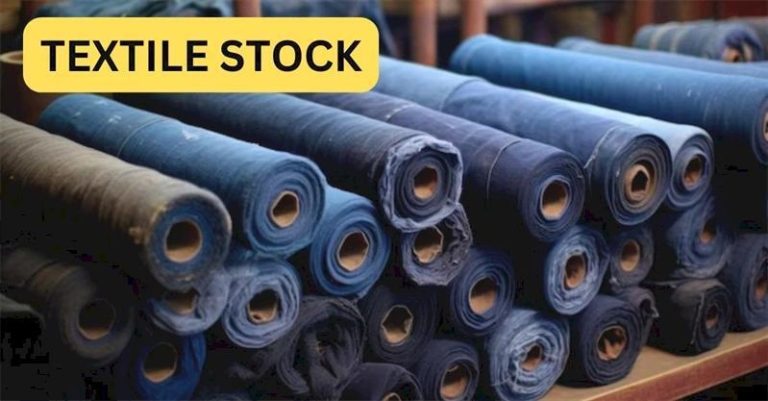
Donald Trump Exempts Smartphones & Computers from Reciprocal Tariffs
In a move aimed at soothing concerns of tech giants and consumers alike, United States President Donald Trump has excluded smartphones, computers, and other electronic items from the reciprocal tariffs imposed on Chinese goods. This decision comes as a relief to companies like Apple, which had been worried that the tariffs would lead to a significant increase in the prices of their products.
According to a Customs and Border Patrol notice, the exemption will apply to a range of electronic items, including smartphones, laptops, tablets, and other devices, as well as computer components and accessories. This means that these products will not be subject to the 25% tariffs imposed on Chinese goods, nor will they be hit by the 10% tariffs imposed on other countries.
The move is seen as a significant development in the ongoing trade tensions between the United States and China. The tariffs, which were imposed by Trump in August, are part of a broader trade war aimed at pressuring China to reform its trade practices and reduce its huge trade surplus with the US. However, the tariffs have been met with criticism from many quarters, including the tech industry.
Tech giants like Apple, which relies heavily on Chinese manufacturing, had warned that the tariffs could lead to significant price increases for its products. In a letter to the US Trade Representative, Apple had argued that the tariffs would “result in increased costs for American consumers” and “harm American workers and businesses.”
The exemption of electronic items from the tariffs is seen as a significant victory for the tech industry. It is estimated that the US imports around $130 billion worth of electronics from China each year, making it one of the country’s largest trade deficits.
The move is also seen as a sign that Trump is willing to listen to the concerns of the tech industry and to find ways to mitigate the impact of the tariffs on American businesses and consumers. In a statement, the White House said that the exemption was part of an effort to “balance the need to protect American workers and industries with the need to ensure that our trade policies do not harm American consumers.”
However, not everyone is pleased with the decision. Some critics have argued that the exemption is a sign of weakness on the part of the Trump administration, and that it undermines the president’s efforts to pressure China to reform its trade practices. Others have argued that the exemption will only lead to increased imports from other countries, such as Vietnam and Mexico, which could harm American workers and industries.
Despite these criticisms, the exemption is seen as a positive development for the tech industry. It is estimated that the exemption will save American consumers around $3 billion per year, and will help to prevent the loss of thousands of American jobs.
In conclusion, the exemption of smartphones, computers, and other electronic items from the reciprocal tariffs is a significant development in the ongoing trade tensions between the United States and China. While some critics may see it as a sign of weakness on the part of the Trump administration, others will see it as a victory for the tech industry and a sign that the administration is willing to listen to the concerns of American businesses and consumers.






